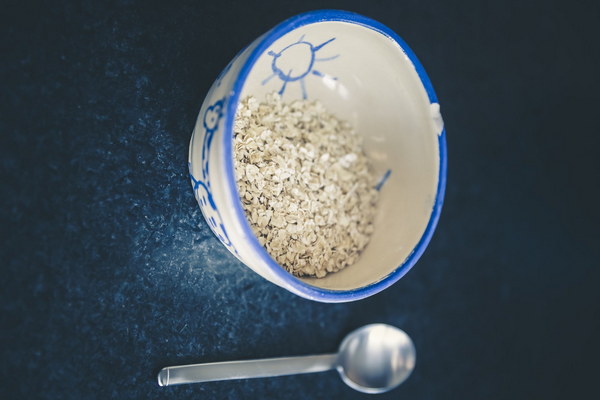Does Mung Bean Consumption Nourish the Stomach
Introduction:
Mung bean, also known as green bean or moong dal, is a popular legume that is widely consumed in various cuisines around the world. With its rich nutritional profile, many people wonder if consuming mung beans can actually benefit the stomach. In this article, we will explore the potential digestive benefits of mung beans and how they can contribute to a healthy stomach.
1. Rich in Nutrients:
Mung beans are an excellent source of essential nutrients, including fiber, protein, vitamins, and minerals. These nutrients play a vital role in maintaining a healthy digestive system. The high fiber content in mung beans helps to promote regular bowel movements and prevent constipation.
2. Soluble Fiber:
One of the key components of mung beans is soluble fiber. Soluble fiber forms a gel-like substance when it comes into contact with water, which helps to slow down the digestion process. This allows for better nutrient absorption and prevents rapid spikes in blood sugar levels. Additionally, the gel-like substance helps to bind toxins and cholesterol in the digestive tract, facilitating their elimination from the body.
3. Antioxidant Properties:
Mung beans are rich in antioxidants, which can help combat free radicals that cause oxidative stress and damage to the stomach lining. These antioxidants can protect the stomach from ulcers and inflammation, promoting a healthy stomach environment.
4. Probiotic Effects:

Mung beans contain probiotics, which are beneficial bacteria that can enhance the digestive process. These probiotics help to maintain a balanced gut flora, which is crucial for digestion and overall health. By promoting the growth of good bacteria, mung beans can improve nutrient absorption, reduce bloating, and prevent diarrhea.
5. Detoxification:
Mung beans have natural detoxifying properties, which can help to cleanse the stomach and eliminate waste products. The high water content in mung beans aids in flushing out toxins and impurities, promoting a healthier digestive system.
6. Easy to Digest:
Mung beans are known for being easily digestible, making them an excellent choice for individuals with sensitive stomachs or digestive issues. Their soft texture and low fat content make them gentle on the stomach, reducing the risk of discomfort and bloating.
7. Weight Management:
Consuming mung beans can also contribute to weight management. With their high fiber and protein content, mung beans provide a feeling of fullness, reducing the likelihood of overeating. This can help in maintaining a healthy weight, which is beneficial for overall digestive health.
Conclusion:
In conclusion, consuming mung beans can indeed be beneficial for the stomach. Their rich nutritional profile, including fiber, protein, vitamins, minerals, antioxidants, probiotics, and natural detoxifying properties, all contribute to a healthy digestive system. Incorporating mung beans into your diet can help maintain a balanced gut flora, improve nutrient absorption, prevent constipation, reduce bloating, and support overall stomach health. However, it is important to consult with a healthcare professional before making significant changes to your diet, especially if you have any existing digestive conditions.









